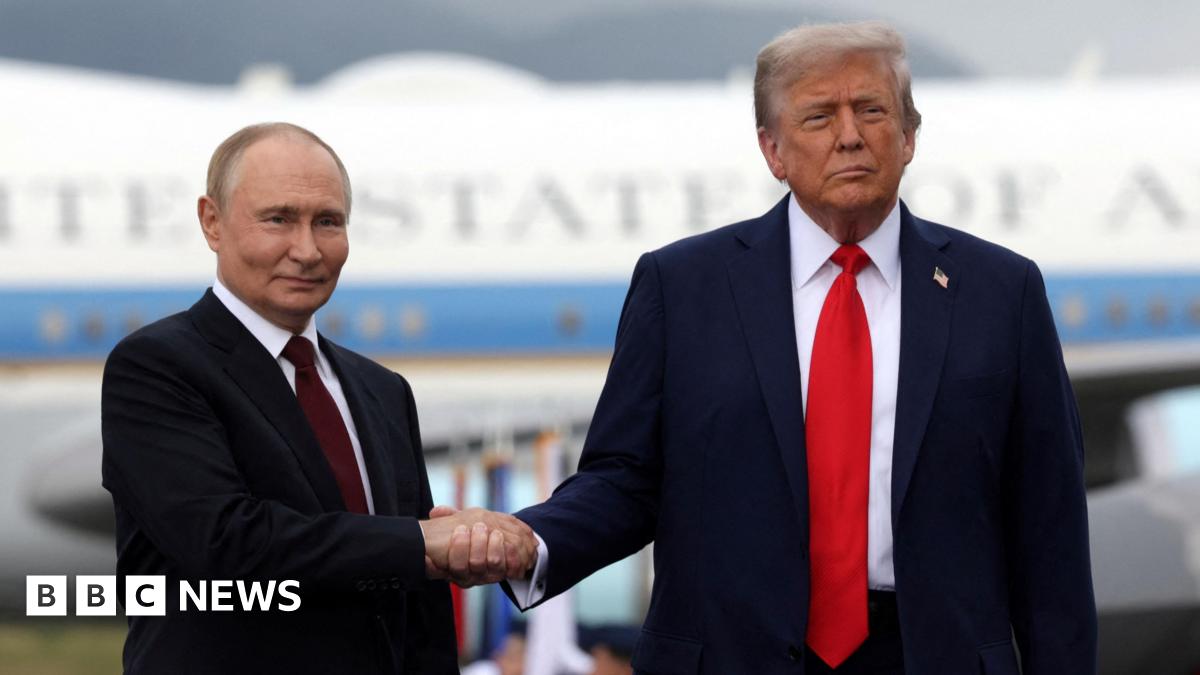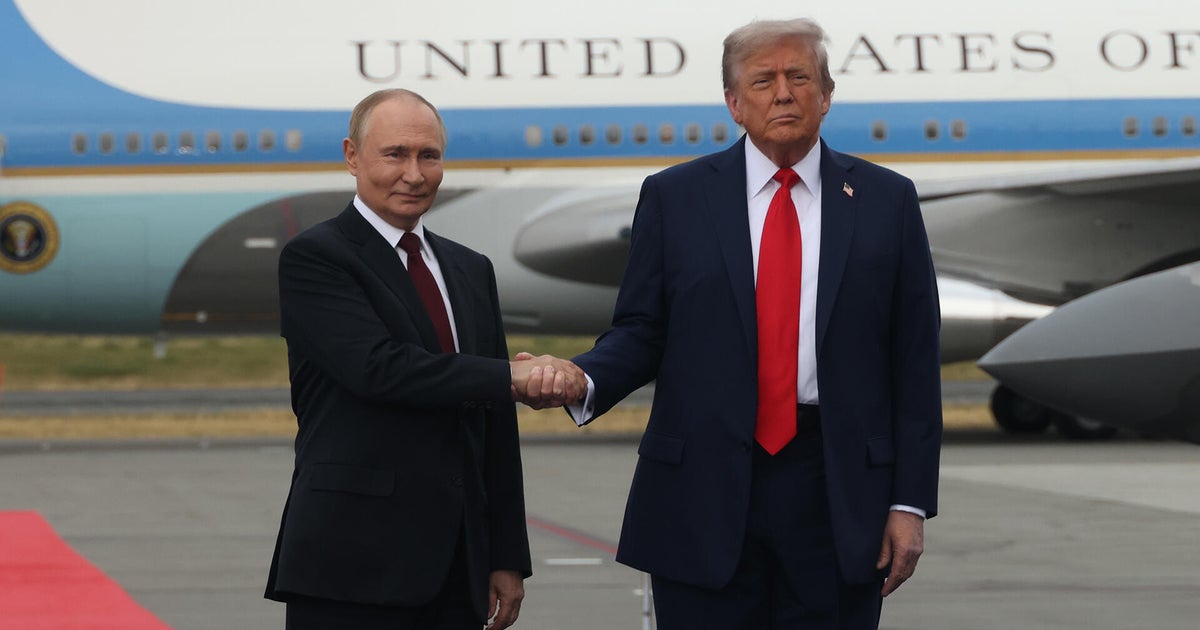Trump Claims to Have Ended Six Wars: Fact-Checking the Bold Assertion

Former U.S. President Donald Trump recently made a striking claim: that he ended six wars during his time in office. The statement, delivered during a meeting with Ukrainian President Volodymyr Zelensky and European leaders, immediately sparked debate and scrutiny. But did Trump really end six wars? Let's delve into the specifics of his assertion and examine the realities on the ground.
Trump's statement referred to potential conflicts involving India and Pakistan, among others. However, defining what constitutes an 'ended war' can be complex. A formal declaration of war is relatively rare in modern conflicts, and many situations involve ongoing tensions and ceasefires rather than definitive resolutions.
Analyzing Trump's Claims: Where Does the Truth Lie?
While Trump's claim is attention-grabbing, a closer look reveals a more nuanced picture. Here's a breakdown of potential conflicts he might have been referencing and the actual developments during his presidency:
- India-Pakistan: Relations between India and Pakistan remained strained throughout Trump's presidency, marked by border disputes and occasional skirmishes. While there were periods of reduced tension, no formal war ended. Ceasefire agreements were observed, but underlying issues persisted.
- Syria: The Trump administration oversaw a withdrawal of U.S. troops from Syria, initially announced in late 2018. However, this withdrawal was ultimately paused and modified due to concerns about Turkish military action and the resurgence of ISIS. The Syrian civil war continued with various factions and international involvement.
- Afghanistan: Trump significantly escalated military action in Afghanistan early in his presidency, aiming to pressure the Taliban into negotiations. While the Doha Agreement was signed in 2020, paving the way for a U.S. troop withdrawal, it didn't definitively end the conflict. The Taliban gained strength, and the subsequent withdrawal under the Biden administration led to the collapse of the Afghan government.
- Yemen: The Trump administration supported Saudi Arabia's involvement in the Yemeni civil war. While there were efforts at peace talks, the conflict continued with a devastating humanitarian crisis.
- ISIS in Iraq and Syria: The Trump administration claimed significant territorial defeats against ISIS in Iraq and Syria. While ISIS lost control of its major strongholds, the group continued to operate as an insurgency and maintain a presence in other regions.
- Other Potential Conflicts: Trump's statement lacked specificity, leaving room for interpretation regarding other possible conflicts. It's possible he was referring to diplomatic efforts that de-escalated tensions or prevented potential conflicts from escalating into full-blown wars.
The Reality of 'Ending' a War
It's crucial to understand that 'ending' a war is rarely a simple process. It often involves complex negotiations, political settlements, and long-term commitments to peacebuilding. A ceasefire or troop withdrawal doesn't necessarily signify the end of a conflict, as underlying issues can remain unresolved and tensions can easily flare up again.
Conclusion: A Bold Claim with Limited Substantiation
While the Trump administration may have played a role in de-escalating certain situations and achieving tactical victories, the claim that he 'ended six wars' is a significant overstatement. Most of the conflicts he may have been referring to continued to simmer throughout his presidency, and in some cases, worsened. The statement serves as a reminder of the complexities of modern warfare and the challenges of achieving lasting peace.






